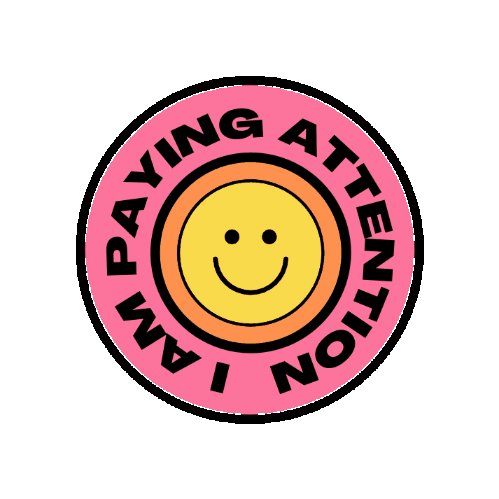One year on: Why has lockdown pushed so many women to pursue an ADHD diagnosis?
Have you discovered that you resonate with a lot of ADHD related content during lockdown? First of all, welcome to the club. Diagnosed or not, we welcome you with open arms.
Before we continue, if you think women discovering en masse that they may be living with a neurodevelopmental disorder is a trend or a ‘snowflake’ generation bi-product, then I would like to personally tell you that you are part of the problem. Last year, UN Secretary-General António Guterres noted that “COVID-19 could reverse the limited progress that has been made on gender equality and women's rights” & it would seem his prediction has become a sad reality.
“The pandemic is deepening pre-existing inequalities, exposing vulnerabilities in social, political and economic systems which are in turn amplifying the impacts of the pandemic”, stated a UN policy brief published in April 2020. “Across the globe, women earn less, save less, hold less secure jobs, are more likely to be employed in the informal sector. They have less access to social protections and are the majority of single-parent households. Their capacity to absorb economic shocks is therefore less than that of men.”
Forced isolation & unavoidable introspection has pushed many women to reevaluate their lives to a degree that just wasn’t possible before the world came to a halt. When routines are disrupted and under-stimulation becomes the norm, it’s no wonder so many of us are realising the way we were operating before the pandemic is no longer sustainable.
Women have long been oppressed by a society that profits from amplifying the voices of men — and you don’t have to look for long on instagram to find an example of feminism lining men’s pockets. The illusion of free speech, expression & being heard is very different to actually being heard. While the government is busy discussing draconian laws to protect statues and squash women, you can hear an earth rumbling roar in the distance from a large part of the population that are done with their voices being silenced.
What may seem like a sudden surge in cases of suspected ADHD is in fact a backlog of women realising they have been silenced & invalidated when they have attempted to verbalise their struggles. Since lockdown measures were announced in the UK back in March 2020, women have been facing a multitude of issues; including looking after children, increased risk of domestic abuse, poor access to healthcare — with a report by the Institute for Fiscal Studies finding that mothers in the UK were 1.5 times more likely than fathers to have either quit their job or lost it altogether during lockdown.
Women are four times more likely to go undiagnosed than men when it comes to ADHD. This data perfectly encapsulates how false the notion that women and girls suffer less from ADHD is — as the uncomfortable reality is that women & girls experience ADHD at least equally as often, but rather present very differently.
When you have been brought up in a society that teaches you to ‘keep calm and carry on’ & to ‘live, laugh, love’ masking comes pretty naturally. You may be struggling, but you are okay. You just suffer with anxiety. You’ve just got depression. You are just tired. It’s just hormones. You just need to focus.
That is of course, until all structure is swept from under your feet, you are left struggling to function & you question how you ever coped in the first place. Most women who pursue an ADHD diagnosis do not reach this point until total breakdown.
Women with ADHD tend to recognise that they are struggling following major life changes such as a change in employment, leaving home or experiencing parenthood for the first time. One thing that a lot of women recently navigating an ADHD diagnosis have in common is that the major life change came in the form of a global pandemic and forced a lot of us to go without the coping mechanisms that we have relied upon until this point.
If you are resonating with many of the experiences shared by adults with ADHD, do not dismiss your concerns or put them down to laziness — society has told us ADHD only looks a certain way, and that is often not what it looks like for us. Continue with your research and know that wanting an answer or explanation as to why life has always felt so difficult is valid, and that you deserve adequate support and understanding of the way your brain works.
Follow @iampayingattention on Instagram for ADHD brain friendly hits of validation, or browse our website www.iampayingattention.co.uk.


